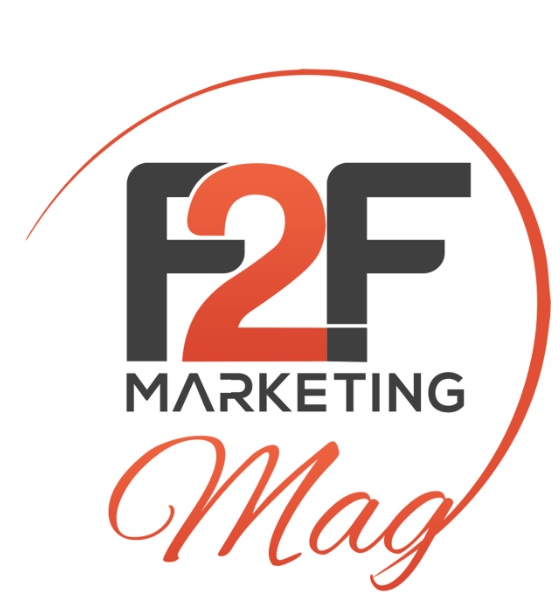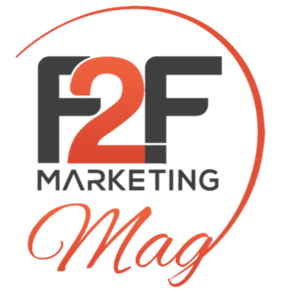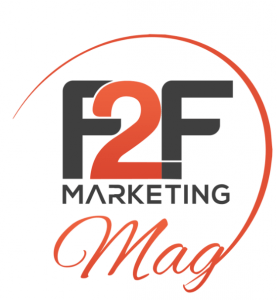

With so many businesses competing for consumer attention, it may be quite a challenge to stand out. Aside from investing in social media sponsored posts and PPC in websites which may sometimes feel impersonal, what else can you do to stand out? This article highlights the awesome benefits of event marketing.
The internet is a great place for opportunities in marketing. Everywhere we look, there’s some new startup hoping to rise in the ranks in their respective industry–whether it’s about health, tech, or even something as obscure as meme merchandise–there’s always something for every potential consumer.
Thank you for reading this post, don't forget to subscribe!However, there are still downsides to digital marketing. They can often be seen as spammy, impersonal, and sometimes ineffective if you don’t know what you’re doing. Some startups even end up losing thousands of dollars with failed digital marketing strategies. Thus, a great alternative would be event marketing, which can be as equally powerful, if not more effective than other marketing techniques.
What is event marketing?
Event marketing is a process of creating an exhibit, seminar, talk, convention, or anything where potential customers or other businesses can network and mutually benefit from each other. Some of the most common events include:
- A convention for discipline-specific industries, such as women’s healthcare
- A seminar held by an author with a book promotion
- A product exhibit for local artists
These examples can provide a great platform both for business owners and customers to look for prospects. What are some of the great benefits of event marketing?
It helps establish authority.
“To see is to believe.” That’s a motto that applied to human behavior, and this is very much applicable to marketing your products and services as a startup. Testimonials are important, as well as in-person proof of your business. Creating events makes you establish yourself as an authority in your niche.
For example, you may be an author of a finance book, and you’re hoping to get the word out there. People won’t easily trust you enough to buy your book if you’re still a budding author, but they might take their chances if you create an event sharing your finance tips and sell the book during the event.
It allows you to get to know your prospects.
Although you can cheaply hire research bodies to help you get data through online surveys, there are still disadvantages to that which can stem from consumer bias and poor distribution channels. Nothing beats hearing insights directly from your actual consumers. Knowing what they really want helps you to deliver better.
It sifts through non-serious audiences.
With other marketing means, it can be difficult to separate those who are just plain viewers from those who are really interested in your business. In the sales funnel, it is important to close sales in people who are already engaged in your offers rather than wasting time converting someone who isn’t really that interested at all.
Going to an event takes up a lot of effort in the part of the consumer’s end, so you can make sure that your audience is more likely engaged and ready to take up your products and services.
It helps you get to know other businesses you can benefit from.
In the case of conventions and exhibits, the business-to-customer (B2C) relationship isn’t the only one benefitting, but business-to-business (B2B) relationships as well. As you create or attend conventions, seminars, and exhibits of businesses under your industry, you will get a chance to network and perhaps find resources that can help you out.
You may either get a chance to find a good supplier for your products, make good marketing partnerships, or get mentorships from business owners who are already leaders in your field.
Start growing, start an event
Do you want to be more than mediocre in your marketing strategy? Perhaps by understanding these benefits, it can help you take the next step to try event marketing. Not only will you build partnerships, but it can also help you gain confidence as a business owner to carve out your own special place in whatever industry you’re in.
BIO: Dale is a freelancer writer with a Bachelor’s Degree in Communication. When not writing Dale enjoys helping people beat their addiction by showing them how to journal their issues as a form of therapy. In Dale’s spare time he enjoys playing basketball and exploring the great outdoors.














